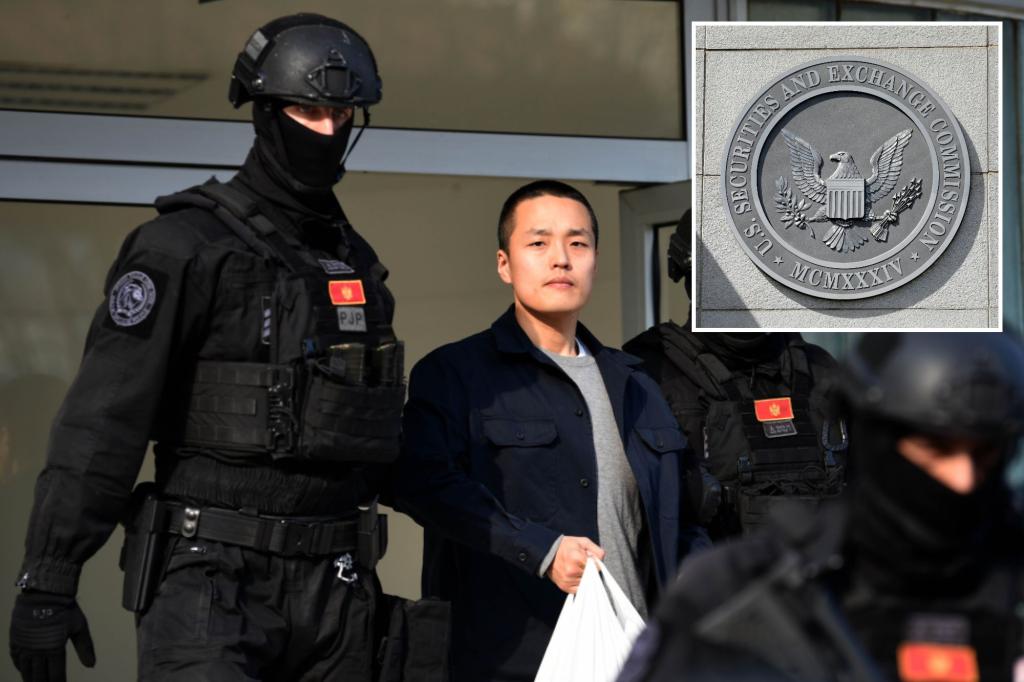A Manhattan jury on Friday found Singapore-based Terraform Labs and its founder Do Kwon liable on civil fraud charges, as stablecoins' 2022 collapse shocks crypto markets. agreed with the Securities and Exchange Commission's opinion that the company misled investors before giving the deal.
The jury returned its verdict in federal court after a two-week trial after hearing closing arguments earlier in the day.
The SEC accused the company and Kwon of misleading investors in 2021 about the stability of TerraUSD, a stablecoin designed to maintain the value of $1. Regulators also accused Terraform of making false claims that its blockchain was used in a popular mobile payment app in South Korea.
In closing arguments, SEC attorney Laura Meehan said the platforms' success stories were “built on lies.”
“If you swing big and miss and you don't tell people you missed, that's fraud,” Meehan said.
Terraform's attorney, Louis Pellegrino, told jurors Friday that the SEC's lawsuit relies on statements taken out of context and that Terraform and Kwon were honest about their product and how it works, even when it failed. said that it was.
“Terraform is still around and trying to rebuild and make it whole for buyers,” he said.
Regulators are seeking a civil penalty and an order to bar Mr. Kwon and Terraform from the securities industry.
Kwon, who was arrested in Montenegro in March 2023, did not attend the trial that began on March 25. The United States and South Korea, where Kwon is a citizen, are seeking his extradition to face criminal charges.
Kwon designed TerraUSD and Luna, a more traditional token that fluctuates in value but is closely related to TerraUSD.
The SEC estimates that when TerraUSD lost its dollar peg in May 2022, investors collectively lost more than $40 billion in the two tokens.
Their collapse also caused the value of other cryptocurrencies, including Bitcoin, to fall, causing widespread turmoil in the crypto market and leading to several companies filing for bankruptcy in 2022.
Terraform itself filed for bankruptcy protection in January.
The SEC said Kwon and Terraform secretly arranged for a third party to buy large quantities of TerraUSD to prop up the stablecoin's price when it fell off its peg a year earlier, in May 2021. announced. Kwon falsely claimed that the recovery was due to the reliability of TerraUSD’s algorithm. According to regulators.
The SEC also said Kwon and Terraform falsely promoted that Terraform's blockchain was used to process and settle transactions between customers and merchants on the Chai payment app.
Pellegrino said on Friday that Terraform has made it clear that it will need to defend its TerraUSD peg in May 2021. Although Chai used the company's blockchain, he said the technical details of how it was done were not important to investors.


